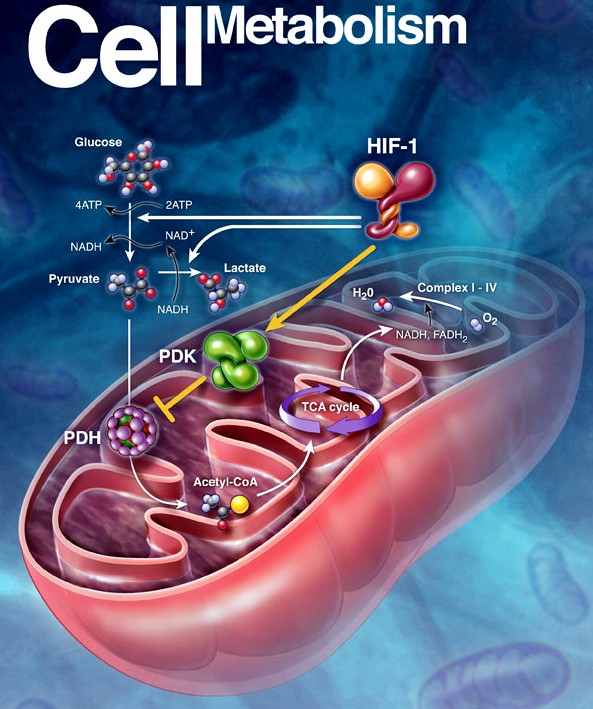Caffeine Metabolism and half-life

Cas No. [58-08-2]
 Caffeine is metabolized in the liver into three primary
metabolites: paraxanthine (84%), theobromine (12%), and theophylline
(4%)
Caffeine is metabolized in the liver into three primary
metabolites: paraxanthine (84%), theobromine (12%), and theophylline
(4%)
Caffeine from coffee or other beverages is absorbed by the stomach
and small intestine within 45 minutes of ingestion and then
distributed throughout all tissues of the body.It is eliminated by
first-order kinetics. Caffeine can also be ingested rectally,
evidenced by the formulation of suppositories of ergotamine tartrate
and caffeine (for the relief of migraine) and chlorobutanol and
caffeine (for the treatment of hyperemesis)
The half-life of caffeine — the time required for the body to
eliminate one-half of the total amount of caffeine — varies widely
among individuals according to such factors as age, liver function,
pregnancy, some concurrent medications, and the level of enzymes in
the liver needed for
 caffeine metabolism. In healthy adults,
caffeine's half-life is approximately 4.9 hours. In women taking
oral contraceptives this is increased to 5–10 hours, and in pregnant
women the half-life is roughly 9–11 hours. Caffeine can accumulate
in individuals with severe liver disease, increasing its half-life
up to 96 hours. In infants and young children, the half-life may be
longer than in adults; half-life in a newborn baby may be as long as
30 hours. Other factors such as smoking can shorten caffeine's
half-life. Fluvoxamine reduced the clearance of caffeine by 91.3%,
and prolonged its elimination half-life by 11.4-fold (from 4.9 hours
to 56 hours). caffeine metabolism. In healthy adults,
caffeine's half-life is approximately 4.9 hours. In women taking
oral contraceptives this is increased to 5–10 hours, and in pregnant
women the half-life is roughly 9–11 hours. Caffeine can accumulate
in individuals with severe liver disease, increasing its half-life
up to 96 hours. In infants and young children, the half-life may be
longer than in adults; half-life in a newborn baby may be as long as
30 hours. Other factors such as smoking can shorten caffeine's
half-life. Fluvoxamine reduced the clearance of caffeine by 91.3%,
and prolonged its elimination half-life by 11.4-fold (from 4.9 hours
to 56 hours).
Caffeine is metabolized in the liver by the cytochrome P450 oxidase
enzyme system (specifically, the 1A2 isozyme) into three metabolic
dimethylxanthines, which each have their own effects on the body:
• Paraxanthine (84%): Has the effect of increasing lipolysis,
leading to elevated glycerol and free fatty acid levels in the blood
plasma.
• Theobromine (12%): Dilates blood vessels and increases urine
volume. Theobromine is also the principal alkaloid in cocoa, and
therefore chocolate.
• Theophylline (4%): Relaxes smooth muscles of the bronchi, and is
used to treat asthma. The therapeutic dose of theophylline, however,
is many times greater than the levels attained from caffeine
metabolism.
Each of these metabolites is further metabolized and then excreted
in the urine.

>>
New Product
Introduced :
Oseltamivir
Phosphate,
Phenyl Propanolamine,
Phenylephrine,
Etafedrine


|

 We all know that one of the most
powerful chemical compounds found in both coffee and tea is
caffeine. Has caffeine become an important part of your daily life?
Did you know We all know that one of the most
powerful chemical compounds found in both coffee and tea is
caffeine. Has caffeine become an important part of your daily life?
Did you know
Article : What Is Caffeine?
 Caffeine is a drug that is naturally
produced in the leaves and seeds of many plants. It's also produced
artificially and added to certain foods. Caffeine is defined as a
drug because it stimulates the central nervous system, causing
increased alertness. Caffeine gives most people a temporary energy
boost and elevates mood. Caffeine is a drug that is naturally
produced in the leaves and seeds of many plants. It's also produced
artificially and added to certain foods. Caffeine is defined as a
drug because it stimulates the central nervous system, causing
increased alertness. Caffeine gives most people a temporary energy
boost and elevates mood.
Caffeine is in tea, coffee, chocolate, many soft drinks, and pain
relievers and other over-the-counter medications. In its natural
form, caffeine tastes very bitter. But most caffeinated drinks have
gone through enough processing to camouflage the bitter taste.
Teens usually get most of their caffeine from soft drinks and energy
drinks. (In addition to caffeine, these also can have added sugar
and artificial flavors.) Caffeine is not stored in the body, but you
may feel its effects for up to 6 hours.
![Caffeine Cas No. [58-08-2]](caffeine/CAFFEINE%20LOGO%20SMALL.bmp)
|


